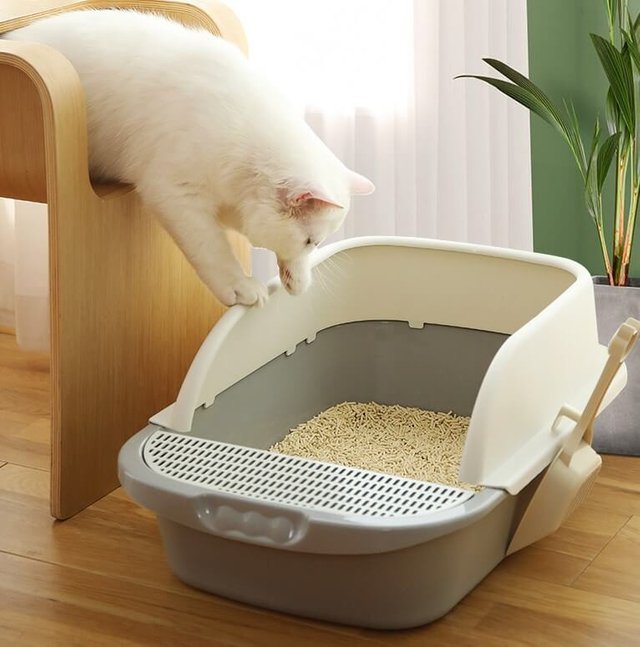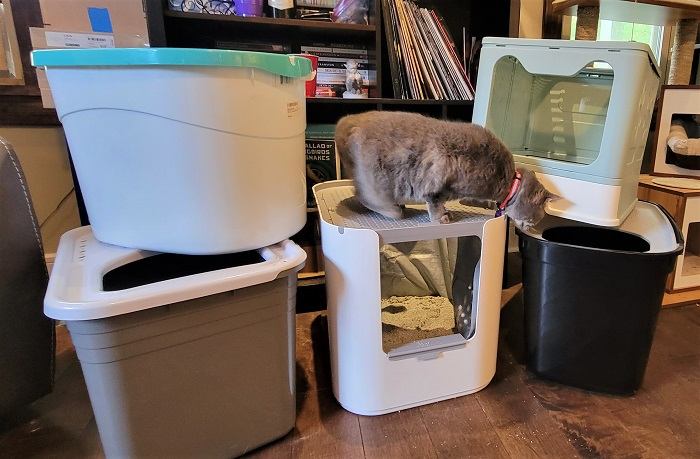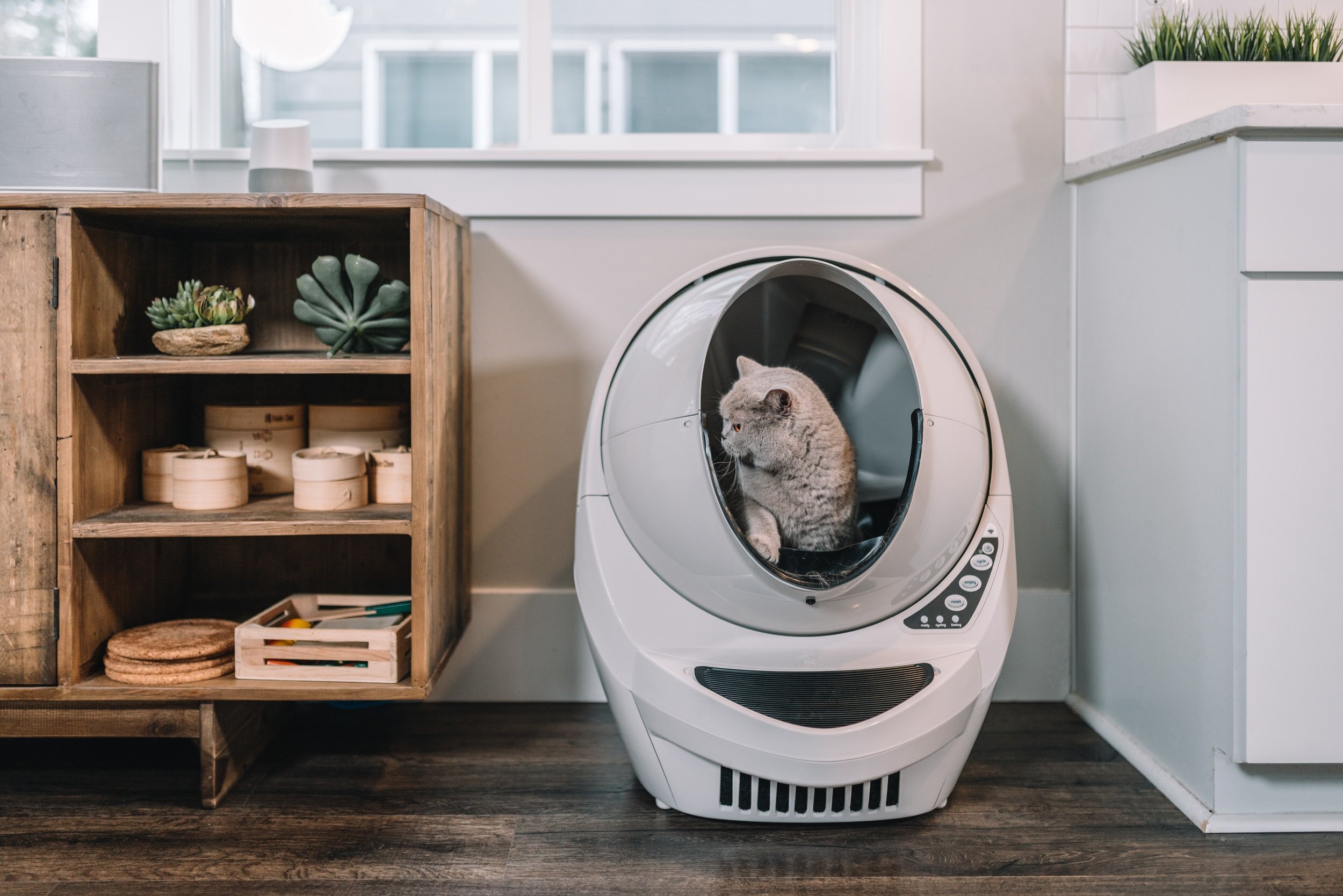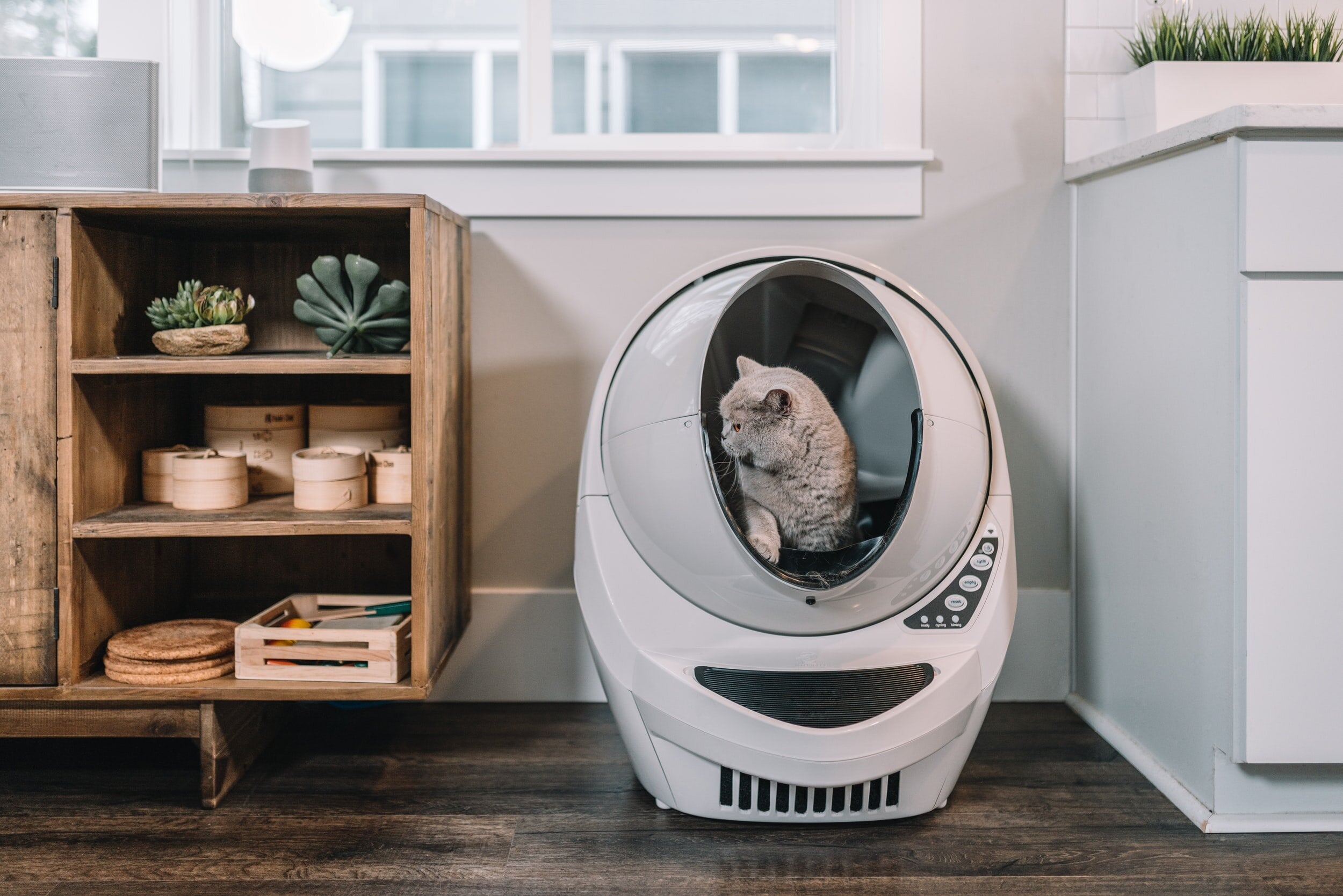If you are a cat owner, you know that one of the most important items to have for your furry friend is a litter box. A litter box not only provides a designated spot for your cat to relieve itself, but it also helps keep your home clean and odor-free. However, with so many options available on the market, choosing the right cat litter box can be overwhelming. From different sizes and materials to various features, how do you know which one is best for your cat? In this article, we will discuss the factors to consider when choosing a cat litter box and help you make an informed decision.
1. Types of Cat Litter Boxes

There are three main types of cat litter boxes: traditional, hooded, and self-cleaning. Each type has its own pros and cons, and your choice will depend on your cat's preferences and your lifestyle.
Traditional Litter Boxes
Traditional litter boxes are the most common and basic option. They are typically rectangular or square-shaped, with low sides and an open top. These litter boxes are suitable for cats of all ages and sizes and are easy to clean. However, they may not contain odors as well as other types of litter boxes, and some cats may scatter litter outside of the box.
Hooded Litter Boxes
Hooded litter boxes have a cover or hood over the top of the box, providing your cat with more privacy while using the litter box. These boxes also tend to have higher sides, making them a good option for cats who like to dig and scatter litter. However, some cats may feel trapped inside the hooded box and refuse to use it. Additionally, these boxes can trap odors inside, making them less ideal for multiple cats.
Self-Cleaning Litter Boxes
Self-cleaning litter boxes are equipped with sensors that detect when your cat has used the litter box and automatically scoop and dispose of the waste. These boxes are convenient for busy cat owners who may not have time to scoop multiple times a day. However, they can be noisy and expensive compared to other types of litter boxes.
2. Size and Number of Cats

The size and number of your cats are important factors to consider when choosing a litter box. Cats come in different sizes, so you want to make sure that the litter box is big enough for your cat to comfortably use it. As a general rule, the litter box should be one and a half times the length of your cat. If you have multiple cats, you may need to provide a litter box for each cat, plus an extra one. This will prevent overcrowding and give each cat their own space to use the litter box.
3. Litter Box Material

Litter boxes come in various materials, such as plastic, metal, and wood. Plastic litter boxes are the most common and affordable option, but they may absorb odors over time. Metal litter boxes are more durable and can last longer, but they can also be noisy when your cat digs around in them. Wooden litter boxes are eco-friendly and can blend in with your home decor, but they can absorb smells and may require more maintenance.
Table: Pros and Cons of Different Litter Box Materials
| Material | Pros | Cons |
|---|---|---|
| Plastic | Affordable, lightweight, and easy to clean | Can absorb odors |
| Metal | Durable and long-lasting | Noisy and can startle some cats |
| Wood | Eco-friendly and blends in with home decor | Absorbs odors and requires more maintenance |
4. Features and Accessories
Some litter boxes come with additional features and accessories that can make cleaning and maintenance easier. For example, there are litter boxes with removable trays or liners, making it easier to clean and replace the litter. Some also come with built-in filters to control odor. These features can be helpful, but they may also add to the cost of the litter box.
Litter Box Accessories to Consider
- Litter scooper: Essential for cleaning the litter box.
- Litter mat: Helps prevent litter tracking and keeps your floors clean.
- Litter deodorizer: Can help control odors between litter changes.
- Litter box liners: Can make cleaning the litter box easier.
- Litter box furniture: Can provide your cat with privacy while also blending in with your home decor.
FAQs

What is the best type of litter box for large cats?
A hooded litter box with high sides would be the best option for large cats as it provides enough space for them to move around comfortably.
How often should I clean my cat's litter box?
Ideally, you should scoop the litter box at least once a day and replace the litter completely every 1-2 weeks.
Can I use any type of litter in my cat's litter box?
It's best to stick to the type of litter that your cat is used to, as sudden changes can cause them to reject the litter box. If you want to switch litter types, do so gradually by mixing in small amounts of the new litter with the old one.
My cat refuses to use the litter box, what should I do?
If your cat is not using the litter box, it could be due to a medical issue or stress. Consult with your veterinarian to rule out any health concerns. If there are no underlying medical issues, try providing a different type of litter box or placing the litter box in a quieter area of your home.
How can I prevent litter tracking outside of the litter box?
Using a litter mat outside of the box can help catch any litter that your cat may track out of the box. You can also try using a top entry litter box, which reduces litter tracking.
Conclusion

Choosing the right litter box for your cat is crucial to their comfort and your home's cleanliness. Consider your cat's size, preferences, and your lifestyle when making a decision. Remember that it may take some trial and error before you find the perfect litter box for your furry friend, but with these tips in mind, you'll be on your way to finding the purr-fect litter box.



